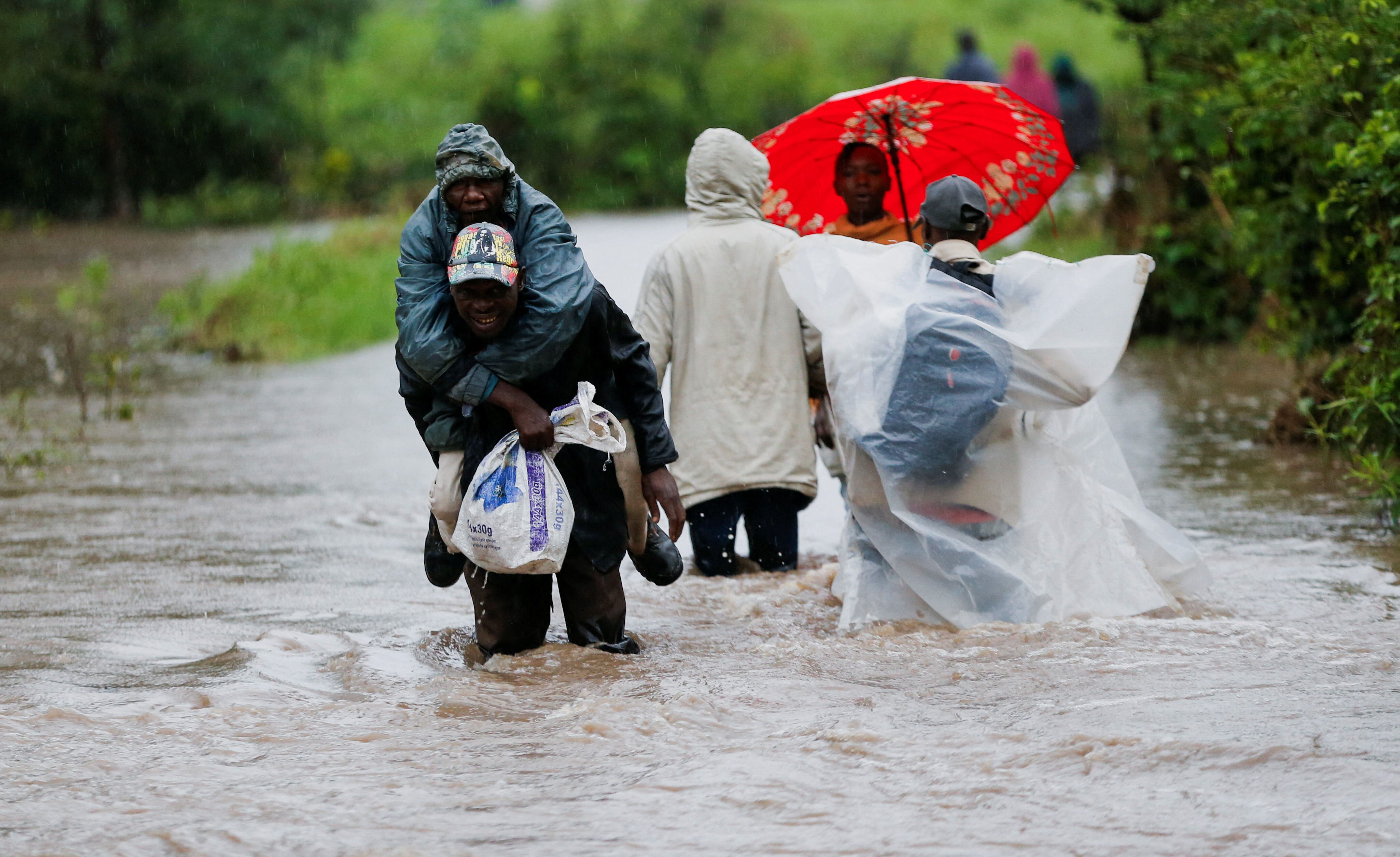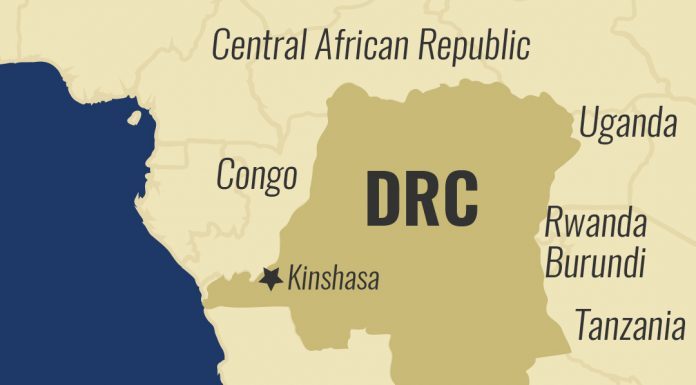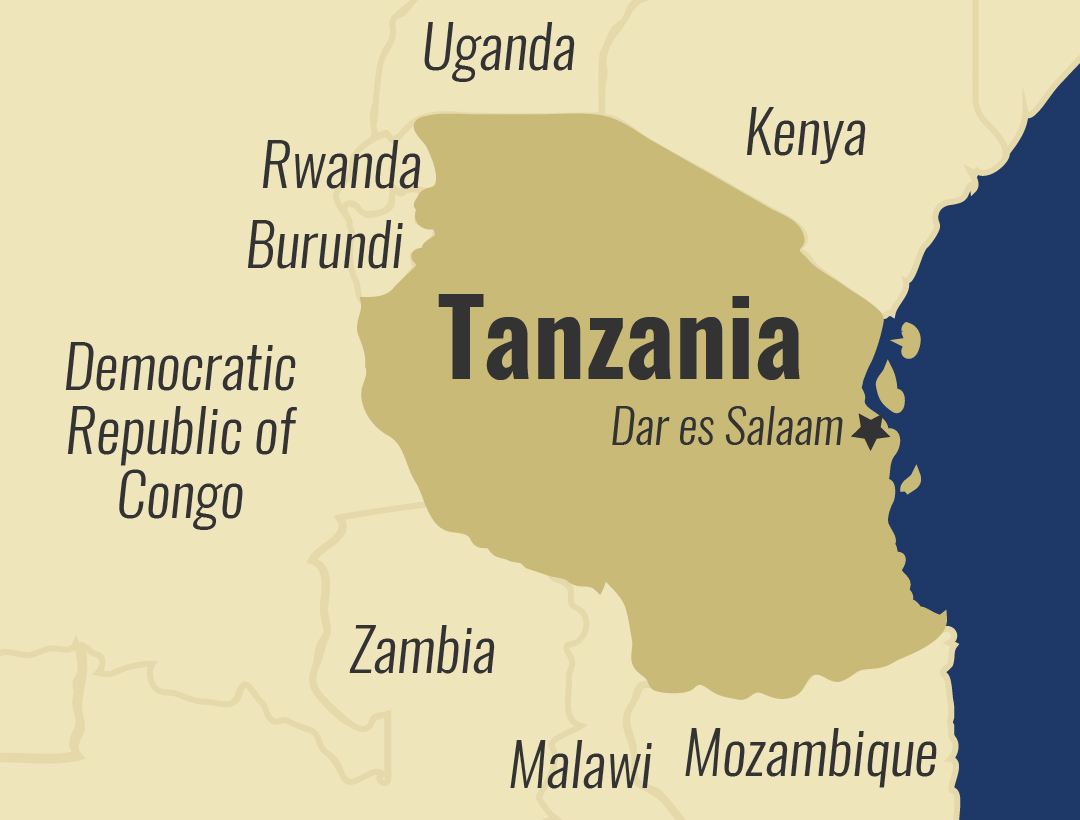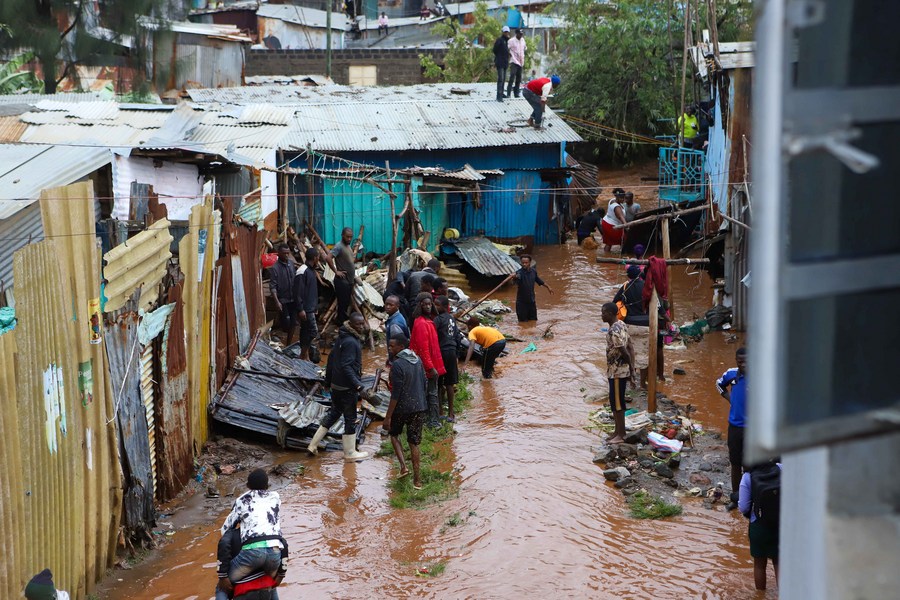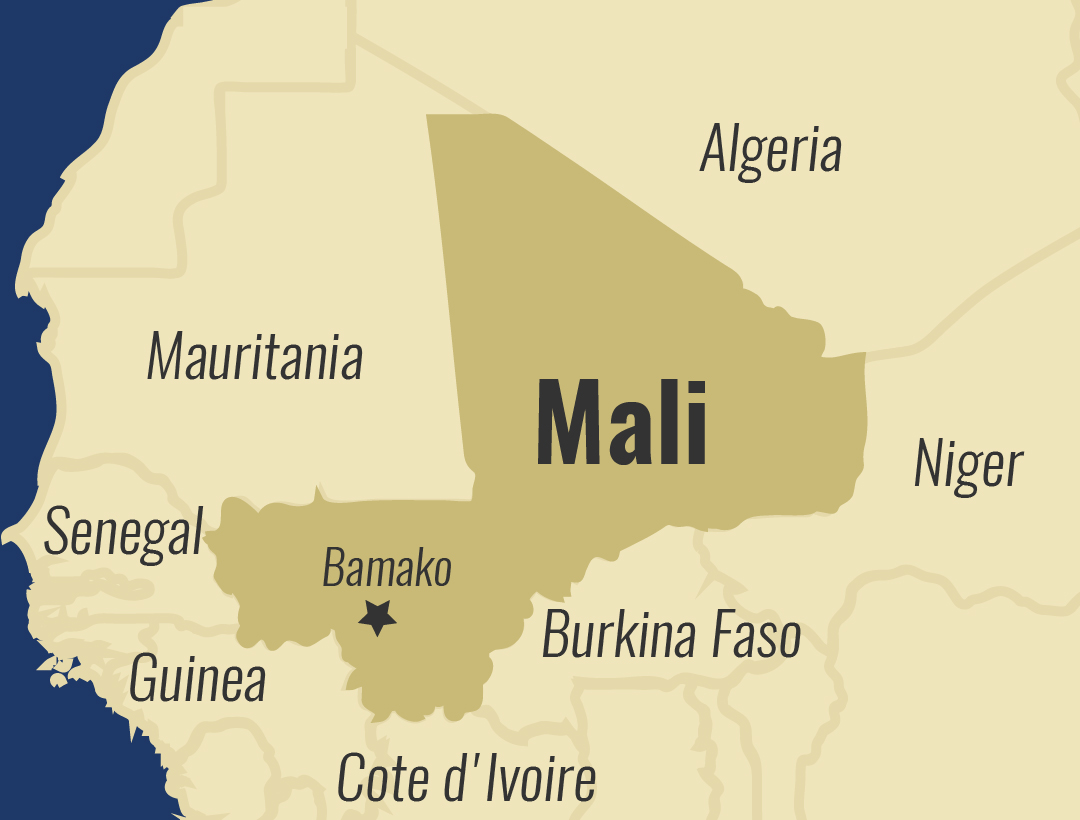
Mali talks on post-coup transition government wrapping up

Days of consultations to map out Mali’s transition to a civilian government will conclude Saturday, though transition leaders won’t be decided upon until next week.
The leaders of the military junta that deposed President Ibrahim Boubacar Keita last month led talks with some 300 political party and civil society leaders in an effort to map out a way forward for the unstable West African nation.
It’s likely the transition will be led by a civilian, with a strong military presence in the other positions of power, said Baba Dakono, a researcher with the Institute for Security Studies who is closely following the talks.
“We must nevertheless expect a civilian very close to the junta who will lead this transition,” he said, adding that it’s likely other civilian participants will have links to the opposition coalition M5-RFP that held huge anti-government protests for weeks before the coup.
The 15-nation West African regional bloc known as ECOWAS has warned the junta that it must designate a transitional civilian leader by next week or face further sanctions. ECOWAS has already stopped financial transfers into the country and has closed its borders with Mali.
The military junta, known as the National Committee for the Salvation of the People, previously proposed a three-year transition, saying that a new constitution should be written first. They also favor a transition leader from the military.
The international pressure for a quick transition is intended to avoid a protracted political crisis that could be taken advantage of by Mali’s growing Islamic insurgency.
Armed groups from Mali’s north, notably the Coordination for the Movement of Azawad, who had signed a peace agreement with the government, did not travel to the capital, Bamako, to participate in the consultations. The junta had intended to travel to Kidal in the north to hold talks last week but were prevented by weather conditions.
“We have men, weapons and we control two-thirds of the country and the CNSP is no more legitimate than us,” said Sidi Brahim Ould Sidatt, the president of the Azawad group. “We have two choices to make now: Either we enter the transition process and have made a new constitution of Mali together in which we recognize ourselves, or we wait after the transition and we continue negotiations with the government that will be put in place.”
ECOWAS leaders will hold a summit in Ghana on Tuesday to discuss the Mali transition with the junta. The president and prime minister of the transition will then be appointed.


